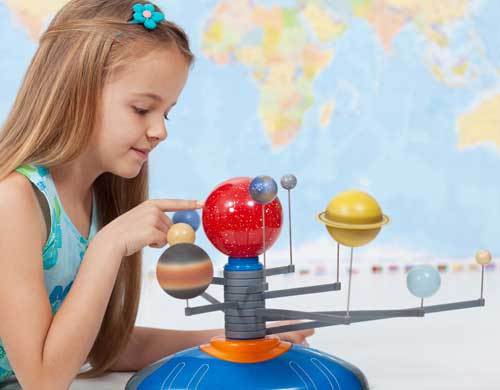Like many others, I was thrilled to see The New Horizons spacecraft reach and photograph Pluto. After being banished from the League of Planets shortly after New Horizons was launched, I'll bet Pluto felt much better with all the attention.
Those who read this blog are probably expecting me to go into a rant at this point about how much we are willing to spend to send a spacecraft to take pictures and how little we are willing to spend on finding out how to help our nation's children learn to read the newspaper or understand the math or the space science around this marvelous event. Well, consider it ranted. It does not make me feel any better that funding for NASA itself is being cut. We are a hugely wealthy country, and we can afford to go to Pluto and to educate our children to a much higher standard than we do. In fact, the way we became a hugely wealthy country, and the only way we can maintain our wealth into the future, is by investing in education, science, technology and invention.
My colleagues and I recently completed reviews of research on elementary and then secondary science education. You can find them here. The reviews find very similar outcomes at the different grade levels. Instructional methods emphasizing professional development for teachers on well-defined teaching strategies, such as cooperative learning and science-reading integration, have solid effects on science learning outcomes. Moving from one textbook to another almost never makes a difference, and use of science kits does not improve science learning. Technology-focused programs have a great deal of promise, but the studies are few and of limited quality, at least so far.
However, the most depressing finding is that there were far too few studies, across all science teaching approaches, that met even modest standards of rigor. Using our standards (which just require a control group, initial equality, fair measures, and a duration of 12 weeks), there were just 21 secondary studies in the past quarter-century. The number was the same for elementary studies. This is shameful. Science teaching is widely acknowledged to be a key to our nation's future, yet our investment in high-quality studies and innovation is so low that we really know very little about how to do it better.
To explore the universe, to cure diseases, to engineer new solutions of all kinds, requires a population that is proficient in science, technology and mathematics. Is there anyone on the (still recognized) planet Earth who does not know this? Yet if we were serious about going boldly where no nation has gone before, would we continue to invest so little in understanding how to engage and excite our students in science, math, and technology?
Today, we rely on an extraordinary but tiny elite for the scientific progress we do make. We need to extend far beyond this, as more and more occupations come to require deep understanding of science and math. We need to enable teachers in elementary and secondary schools to democratize science knowledge and skill. There is no question that we can design better teaching methods and technologies, evaluate them, and scale them up. I wonder when we will get serious about doing so?
Congratulations to NASA, the Johns Hopkins Applied Physics Lab, and the American taxpayer for the New Horizons trip to Pluto. But consider this. The next generation of scientists and engineers who will perform the marvels of the future are in elementary and secondary classes right now. Improving science learning for these precious future scientists and engineers is essential for our nation's future.

